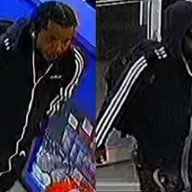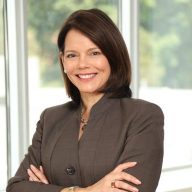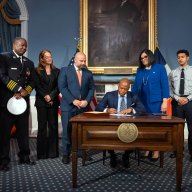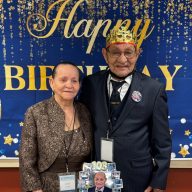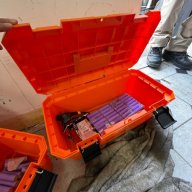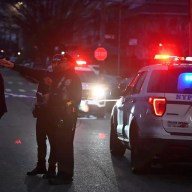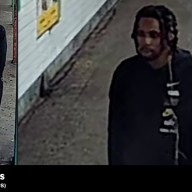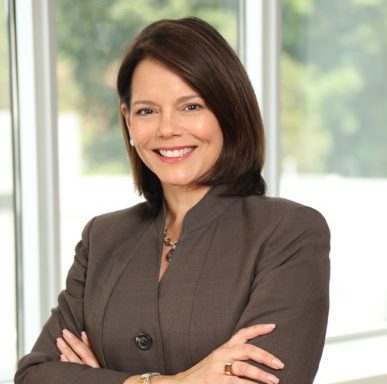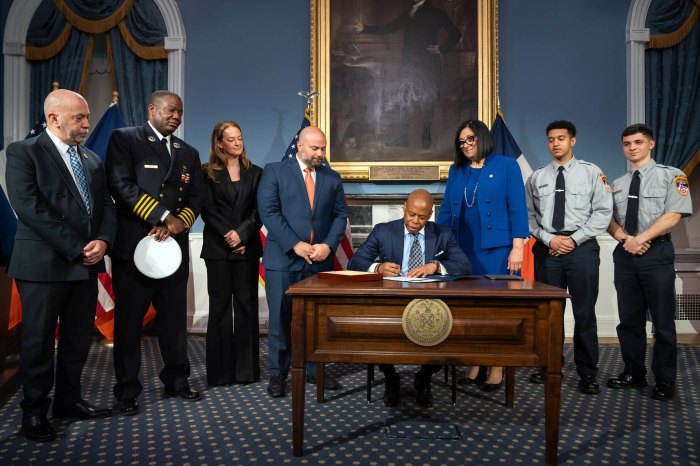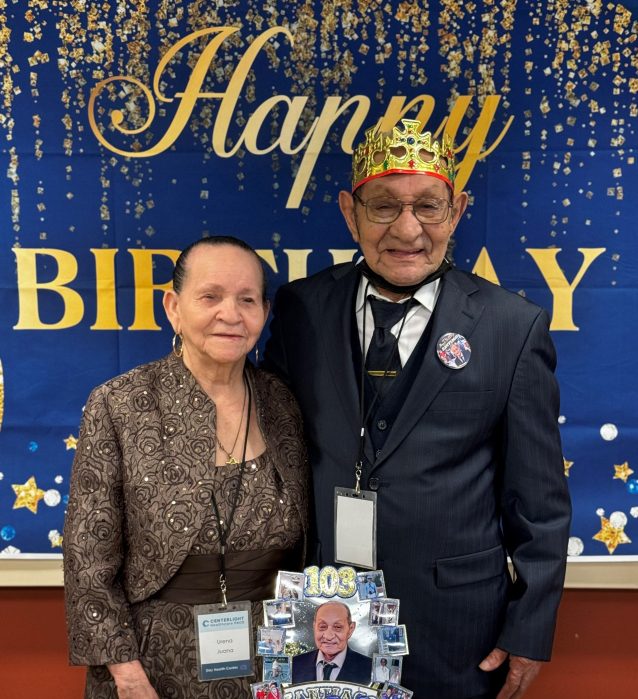By Adam Kramer
With less than 50 percent of black Americans owning their own homes, the Congressional Black Caucus kicked off a housing summit in Jamaica Saturday to encourage southeast Queens residents to buy a stake in their community.
The all-day housing summit at York College at 94-20 Guy Brewer Blvd. in Jamaica featured a vast array of experts — ranging from congressmen to bankers and from community development organizations to budget and credit counselors — on hand to educate the city’s black residents on the steps needed to take to buy a home.
“This is the first stop,” said U.S. Rep. Gregory Meeks (D-St Albans). “The goal here in New York is to increase home ownership in New York City and educate people on the importance of home ownership.”
As part of its “With Ownership Wealth” program, the Congressional Black Caucus plans to set up “Raising the roof” housing summits similar to the one at York College across the country to promote home ownership and add 1 million new black American homeowners by 2005.
Candace Sandy, a spokeswoman for Meeks, said many in the black community do not know about the programs to help them purchase homes.
“A lot of times people do not pursue homes because they do not think they can afford or will qualify for a loan,” she said.
The summit brought together Citibank, Chase, Century 21, and Freddie Mac as well as many other banks and real estate companies, so that community members could begin the process of buying a home, she said.
The caucus is an organization made up of U.S. representatives who influence and help the black community gain equality.
“Affordable housing and home ownership for African Americans has become a national epidemic,” Meeks said.
Citing a recent study by the Congressional Black Caucus, he said only 46.7 percent of blacks own homes compared to 67 percent of all Americans across the nation and 73 percent of white Americans.
“There is also a large percentage of working class families and single professionals who would like to purchase a home but cannot afford a large down payment,” he said. “But even more disturbing, there are black families who have been lifetime renters without a member of their family for generations owning home.”
Meeks said there are far too many multiple-family dwellings being built, which does not promote home ownership or anchor a community. He also pointed to a number of empty lots in his community where the city or private developers can build new homes.
One of the biggest problems facing prospective home owners in black communities in Queens and across the nation is predatory lending, a practice requiring the purchaser to pay excessive fees to obtain a mortgage.
Fe Morales Marks, a vice president of Fannie Mae, said there is no set definition of predatory lending so it is hard to script legislation to stop it. But she said her company has developed many products for the consumer to defend themselves.
The summit drew more than 2,000 people from the New York and New Jersey area to attend panels, such as “Creative solutions for serving the African-American home buyer,” “Connecting the African American with the right mortgage option” and “Predatory lending-What every community should know.”
“We are trying to provide the right type of information and show home ownership is a possibility,” said Jackie O’Garrow, senior deputy director of Fannie Mae New York partnership office. “Immigrants and renters do not have the right access to the right kinds of products.”
She said people need to learn about what they can afford and make the correct decisions on home ownership.
“What it is about is education and empowerment,” she said.
Deborah Hyman, a spokeswoman for Freddie Mac, said her company is participating in the “Raise the Roof Summit” to bring home ownership into the minority communities. It also has been working with Rainbow/Push, the Historically Black Colleges and the Urban League to further educate people on getting loans from banks and buying a home.
“I came to the event to see how I could become a first-time home owner,” said Jeffrey Lewis of Rosedale. “I can speak to people who can help me budget and save.
“There are so many people to put me on the right track to get a mortgage,” he said. “I don’t have to be afraid to get a mortgage and have to go to a sub-prime or predatory lender.”
Don Lewis of Fresh Meadows said he was encouraged to attend the event by Rev. Floyd Flake of the Allen AME Church in order to start the process of becoming a home owner and learn about the problems blacks have securing a loan.
“I came to the event to hear about the matching program in the WOW report, which talked about the CBC,” said Leslie Ridley of Kew Gardens, who hopes to buy a home within the next year. “I’ve learned about sub-prime lending and how bad credit will give you higher interest rates.”
For more information check out WOW’s web site at www.wowcbcf.org, call WOW at 800-822-1669, call Fannie Mae at 800 – 7 Fannie or Freddie Mac.
Reach reporter Adam Kramer by e-mail at Timesledgr@aol.com or call 229-0300, Ext. 157.







